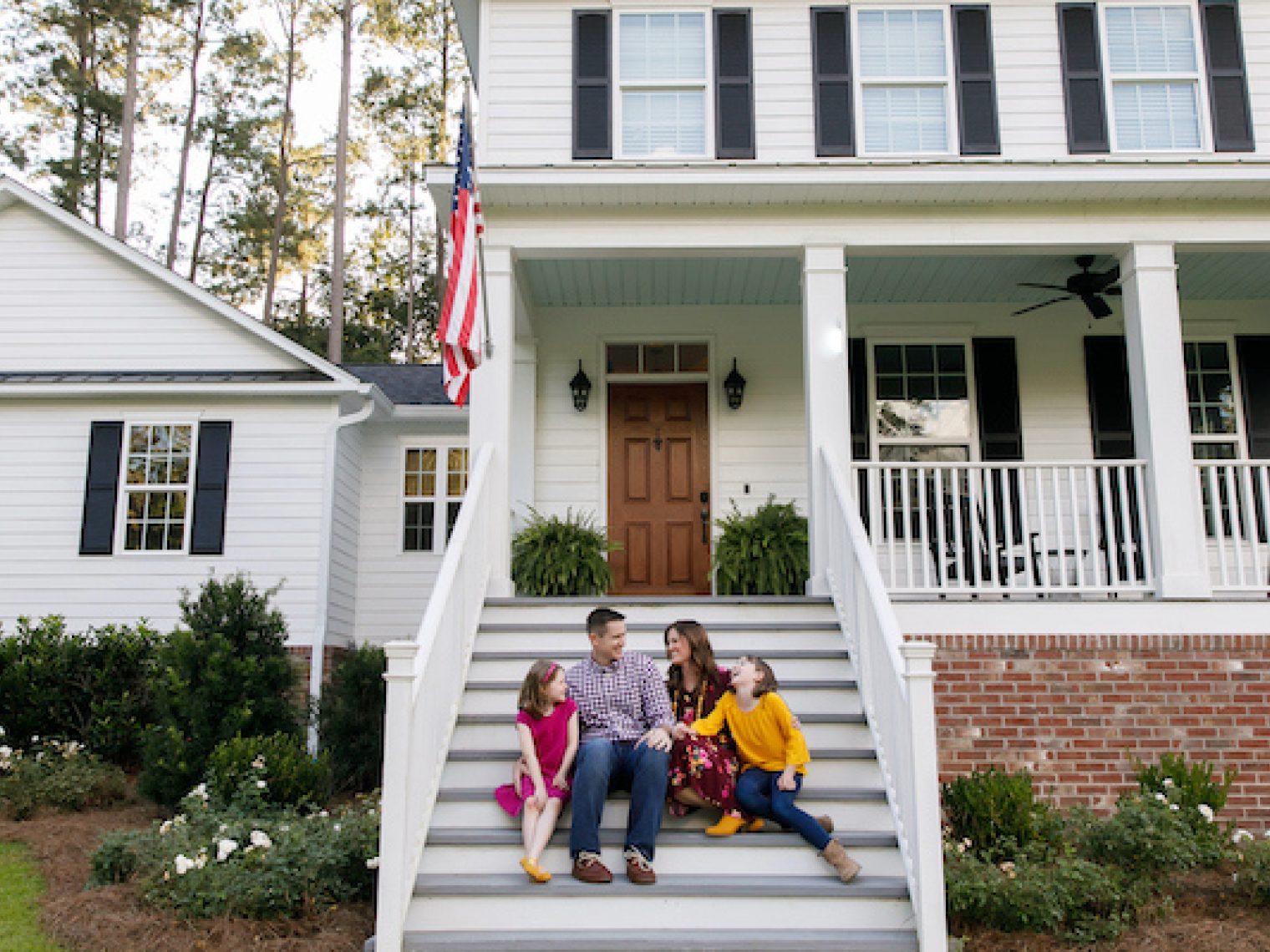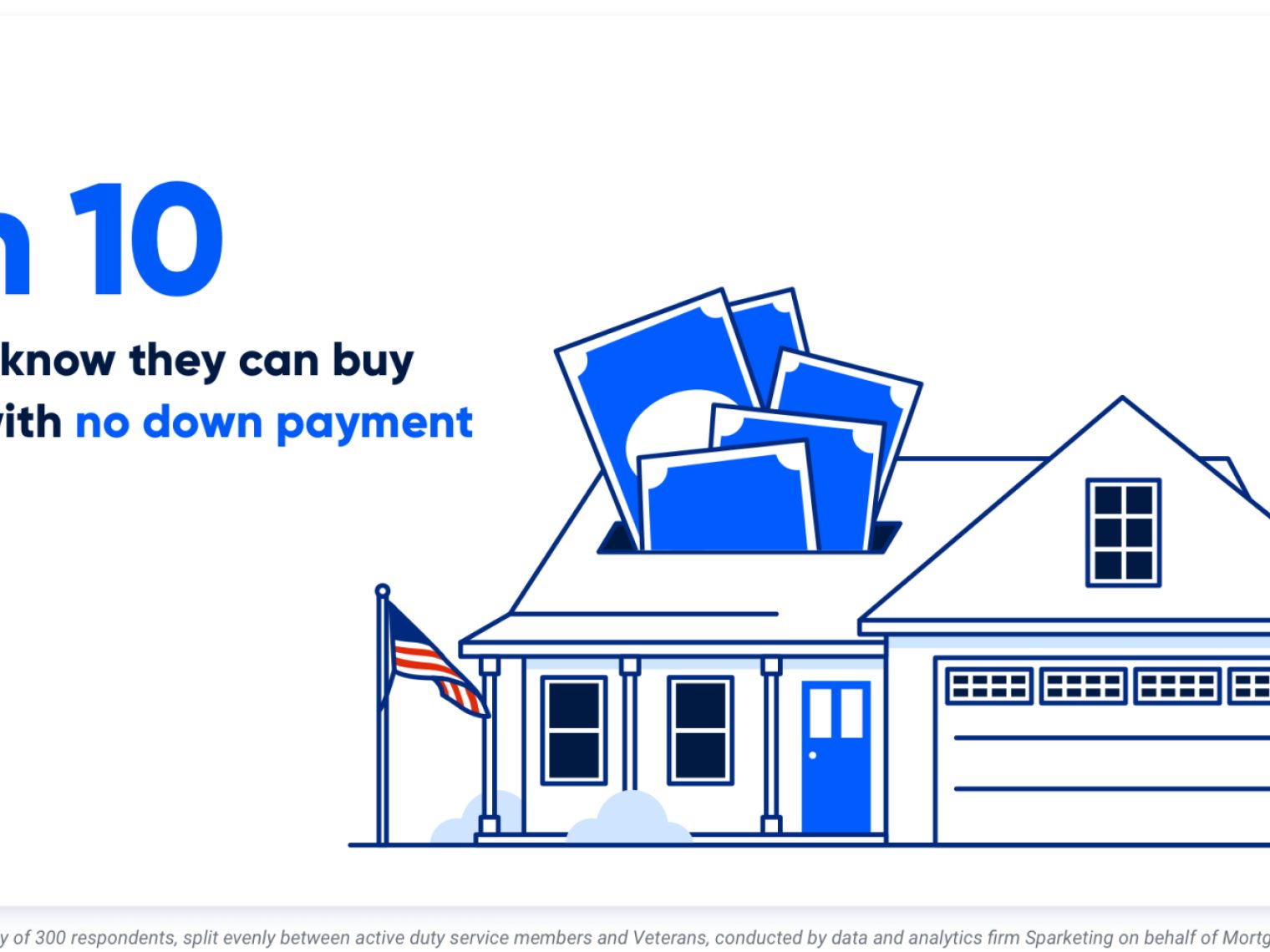It's important to be mindful of what renovations will have positive impacts on your home's value, and which will not.
It’s easy to think that updating your home will increase its value. After all, you’re making the property better (or maybe just prettier) than it was before, right?
Unfortunately, that’s not always true.
For one, many renovations are highly subjective. What you find attractive might not appeal to someone else, and that could end up hurting your property value — and the home’s marketability — in the long run.
Additionally, all renovations aren’t created equal. While some can add marked value to your property, others add very little, nothing, or, in some cases, could even detract from its value overall.
There are no absolutes when it comes to renovations and increasing your home's value. But here are seven updates that might not be worth the investment.
A master suite addition
Sure, it seems like adding a second master bedroom would be a huge selling point, but according to Remodeling Magazine, you’ll only get about half your money back when it comes time to sell.
Unless you’re planning to use that bedroom to its fullest (or you just plan to stay in the home for the long haul), it’s probably not worth the cash. Remodeling estimates the typical master suite addition could set you back between $136,000 and $282,000, depending on how upscale you go.
Installing a swimming pool
Swimming pools might seem like the ultimate homeowner’s dream, but in reality, they come with high operating costs and lots of safety and liability issues (you’ll pay more for insurance, too).
On top of all this, pools cost a pretty penny, clocking in between $36,000 and $66,000 for your average in-ground installation. If you throw in a fence around it — which you’ll need if you’re planning to sell to a family later on — the cost creeps up even more.
A bathroom addition
Adding a second or third bathroom might make those morning routines go more smoothly, but it might not do much for your home value. According to Remodeling, the average ROI on bathroom additions is a mere 54 percent. In other words, you might add about $27,000 to your resale value, but you’ll spend nearly $50,000 to do it.
Be careful with lots of fancy landscaping
Curb appeal makes a big difference when marketing and selling your property. Investing smartly in curb appeal can absolutely boost your home’s value. But go too far, and you run the risk of turning buyers off.
First, landscaping choices are very personal, and what you like might not appeal to another homeowner, especially if it’s incredibly ornate or detailed. On top of this, intricate landscaping requires a lot of upkeep (both physically and financially). A lot of buyers won’t be up for that.
High-end touches
Swapping out that laminate countertop is probably a good idea. But installing $500-per-square-foot imported granite? That might not be a wise use of your money.
The truth is most people can’t tell the difference between real stone and faux stone, and they definitely won’t pay more for it. The same goes for high-end fixtures, appliances and other details.
Creative wall coverings
That little mountain range mural might look cute in your nursery now. But it might hurt your resale value a few years down the road.
Features like this are all about personal taste, and there’s a big chance your future buyer won’t share the same fondness for it as you do. That can wind up meaning more time and cost for them to update what they don’t like.
Fun tech upgrades
Everyone likes to have a good time, but less usable upgrades like built-in shower radios, room-to-room speaker systems, and heated floors just aren’t going to add much to your home value.
Smart tech has its place (a video doorbell, for example, is a great option), but you’ll want to be careful about which items you install. Make sure they add function and will get a lot of use.
The bottom line
Many renovations will add value to your home — but not all of them. Before you make an upgrade around your property, use resources like Remodeling Magazine, Home Advisor, and a local real estate agent to gauge both its price tag and how much you might get for it in return.
If the ROI isn’t there, it’s probably not worth your time or energy in the long run unless the focus is solely on improving your qualify of life in the property.
How We Maintain Content Accuracy
Veterans United often cites authoritative third-party sources to provide context, verify claims, and ensure accuracy in our content. Our commitment to delivering clear, factual, and unbiased information guides every piece we publish. Learn more about our editorial standards and how we work to serve Veterans and military families with trust and transparency.
Related Posts
-
 5 Most Common VA Loan Myths BustedVA loan myths confuse and deter many VA loan borrowers. Here we debunk 5 of the most common VA loan myths so that you can borrow with confidence.
5 Most Common VA Loan Myths BustedVA loan myths confuse and deter many VA loan borrowers. Here we debunk 5 of the most common VA loan myths so that you can borrow with confidence. -
 VA Loan Down Payment RequirementsVA loans have no down payment requirements as long as the Veteran has full entitlement, but only 3-in-10 Veterans know they can buy a home loan with zero down payment. Here’s what Veterans need to know about VA loan down payment requirements.
VA Loan Down Payment RequirementsVA loans have no down payment requirements as long as the Veteran has full entitlement, but only 3-in-10 Veterans know they can buy a home loan with zero down payment. Here’s what Veterans need to know about VA loan down payment requirements.

